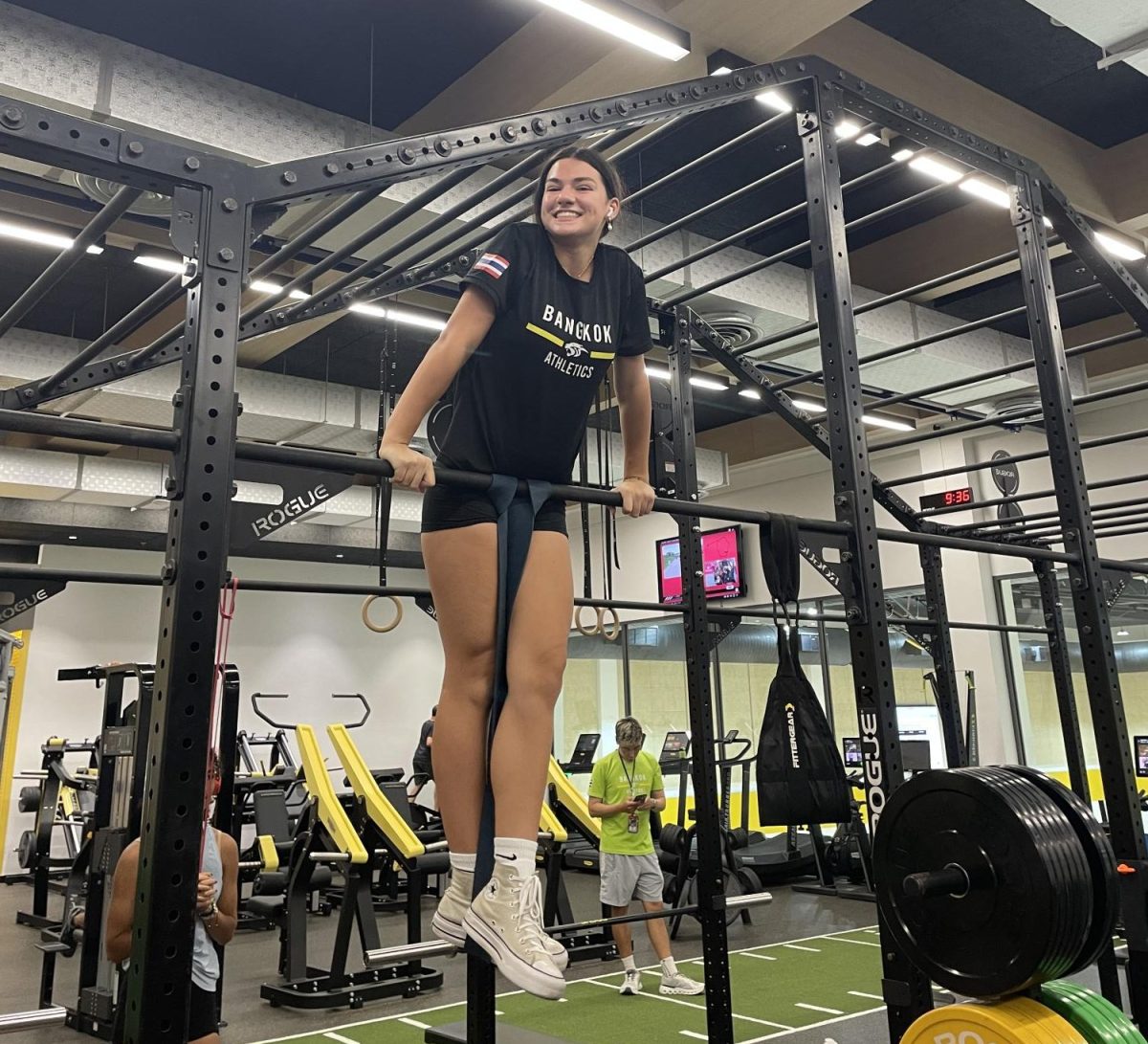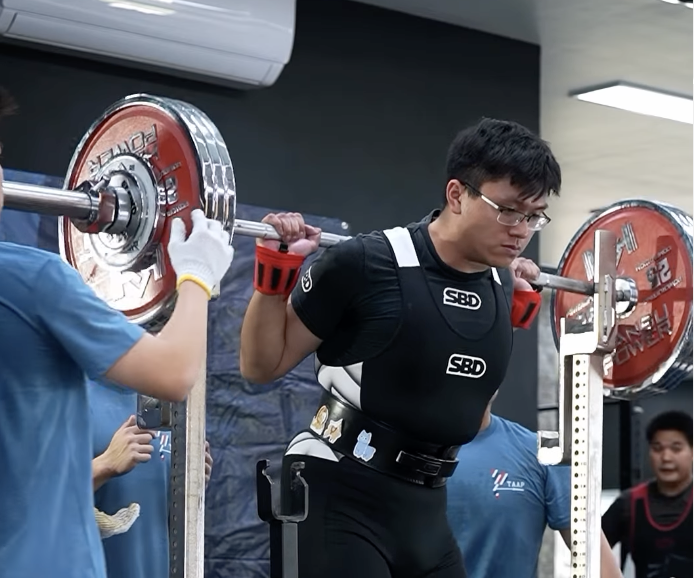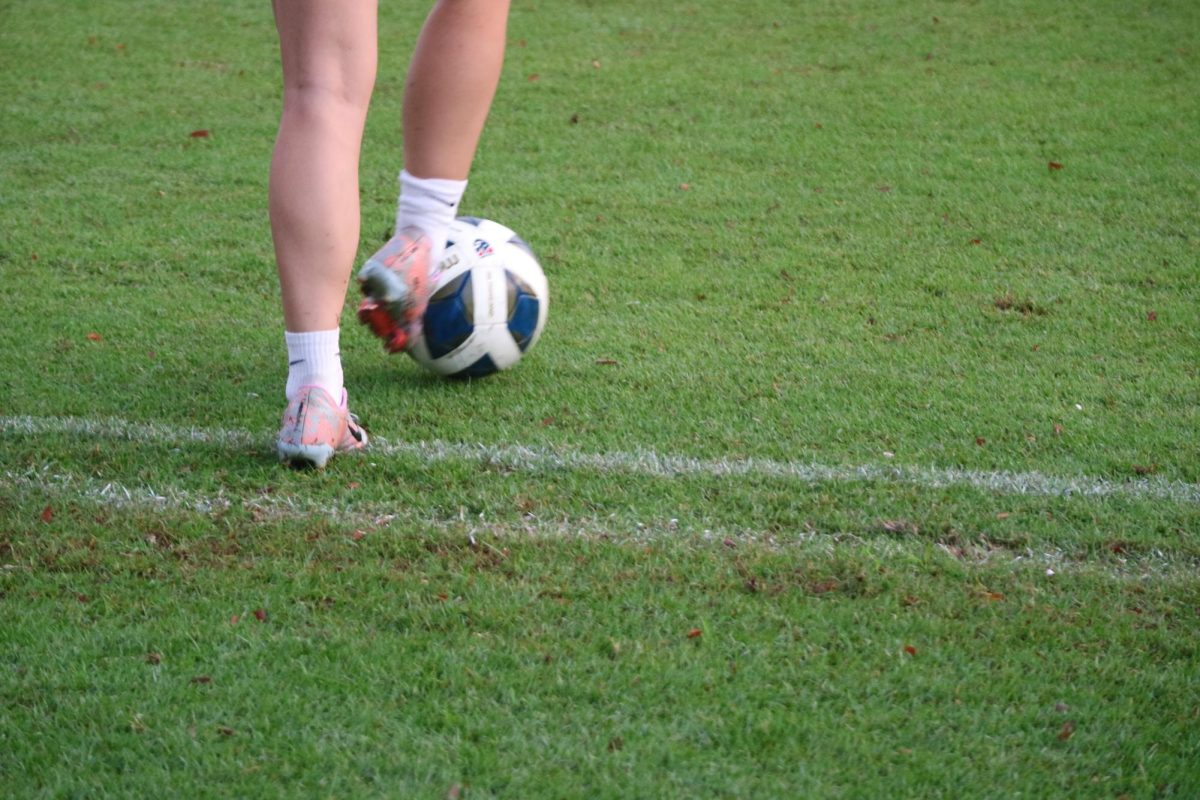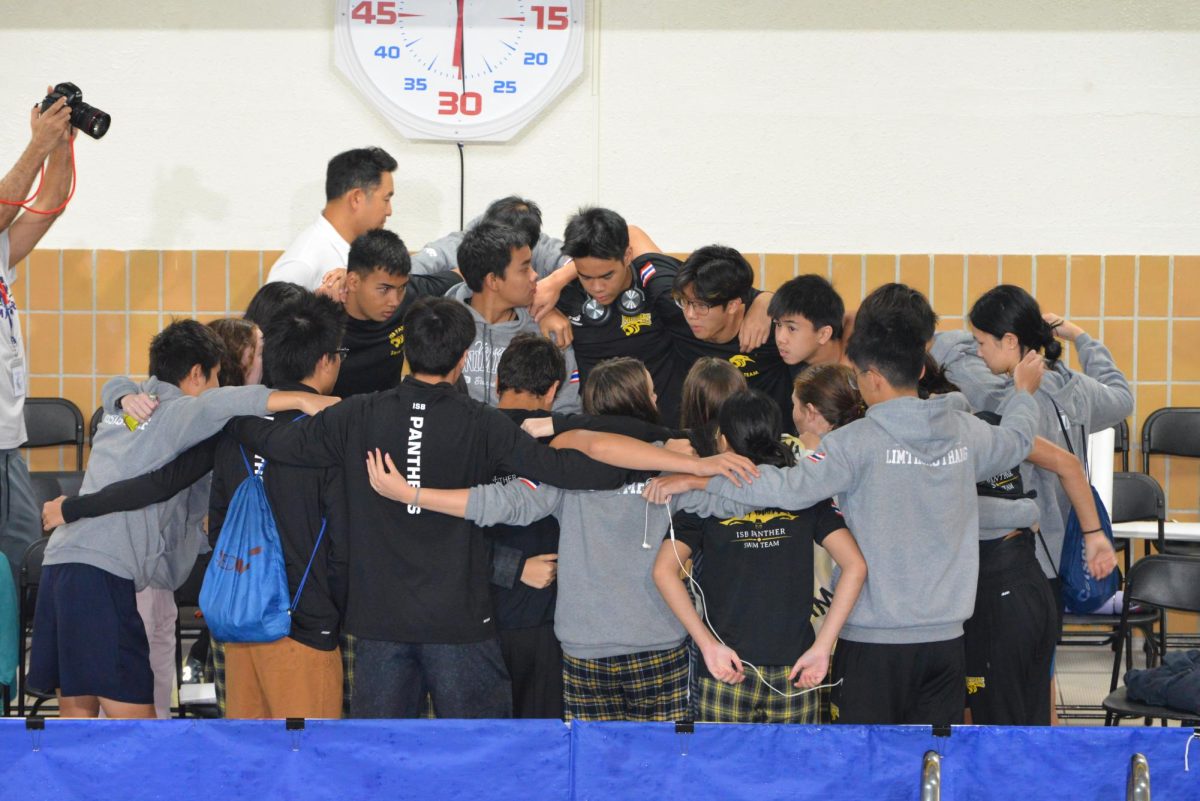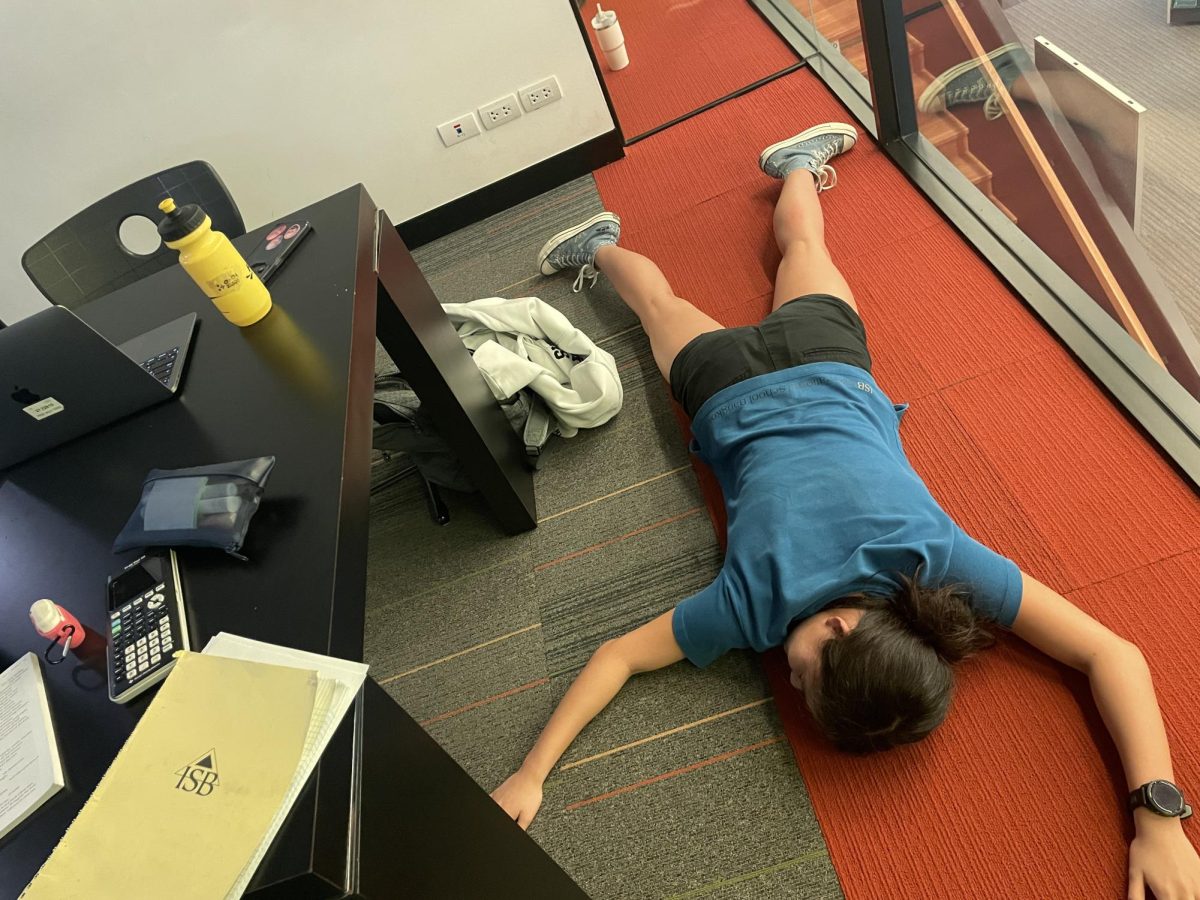Some athletes can be the best at their sport, have the highest record in the world but some are not always eating the way they should. It is hard to train and also take care of what you eat and look after your body but this is a list of what swimmers, football, basketball, volleyball, rugby, tennis players and track & field athletes should be eating during training and competitions.
iSport.com suggests that Track and Field athletes should focus on eating lean proteins (fish, chicken and beef), carbohydrates, vegetables, fruits and vitamins. If you are a long distance runner you may need to consume more carbohydrates to fuel muscle, and as a sprinter you may need to consume more lean meats to help build muscle tissue.
The best thing to think about when eating throughout the day is if you are balancing out your body’s  individual needs for your specific events. The best things to eat for all Track and Field athletes are foods high in protein (eggs, milk, cheese, yogurt, lentils, nuts, fish meat) and foods high in carbohydrates (breakfast cereals, whole wheat breads, rice, pasta, rice cakes).
individual needs for your specific events. The best things to eat for all Track and Field athletes are foods high in protein (eggs, milk, cheese, yogurt, lentils, nuts, fish meat) and foods high in carbohydrates (breakfast cereals, whole wheat breads, rice, pasta, rice cakes).
When thinking about the foods to eat, you need to think of the rainbow. Red: Tomatoes, watermelon, cherries, berries, red apples and peppers. Orange/Yellow: Carrots, apricots, peaches, oranges, cantaloupe and mango. Green: Broccoli, lettuce, green apples, grapes. Blue/Purple: Blueberries, plums, grapes and raisins. Use this to fill your meals with a colourful poperie of fruits and vegetables.
Something you also need to do is keep hydrated, when working out carry at least a liter of water and a decent amount of saline or gatorade. These energy drinks are the best thing when using your strength during practices. The best thing for you when you are working out for a long amount of time is sleep. Sleep is amazing and as teenagers we should be getting at least 9-10 hours in a night, but when you are working out all the time the suggestion is to get more sleep than a normal teenager in order to let your body recover.
According to Health Fitness Revolution the foods you need to focus on eating are foods high in Zinc, Studies have shown that 20 mg of zinc a day can improve hand-eye coordination. Foods that contain zinc include oysters, pumpkin seeds, whole grains, sunflower seeds, animal proteins, beans, nuts and almonds. Foods high in vitamin C: Found in high amounts in peppers and citrus fruits to aid muscle repair. You  need to start eating foods that contain choline. Tomatoes, egg yolks and potatoes are all high in choline, a member of the vitamin B family. It feeds your brain’s neurotransmitters and has been proven to improve reaction times.
need to start eating foods that contain choline. Tomatoes, egg yolks and potatoes are all high in choline, a member of the vitamin B family. It feeds your brain’s neurotransmitters and has been proven to improve reaction times.
Foods that are high in vitamin A because it helps to make new white blood cells. Your body is going to need these to fight off infection and recover from the intense workouts. Vitamin A helps in fixing any micro tears in your muscles. Another group of foods you need to be eating are foods that have DMAE in them. Feed your brain something named dimethylaminoethanol, which is found in certain fish. This brain food is a neurotransmitter, which helps messages move across your nerves and brain. DMAE deals with the process required for remembering tactics, techniques and course sequences. Good natural sources of DMAE are salmon, sardines, and anchovies.
Some foods and drinks to avoid before games and training are protein shakes (Try to avoid protein powders and large amounts of protein before a competition to lower the risk of digestive upset), caffeinated drinks (Skip the sugary sodas and coffee before a match. Caffeine is both hard on the stomach and dehydrating), whole wheat pasta (immediately before a match, your body relies on quick energy from easily digestible carbohydrates), nuts & seeds (before a competition, it’s important to focus primarily on simple carbohydrates and to limit amounts of fiber and fat to avoid any digestive discomfort during exercise) and salads (it’s best for athletes to avoid greens right before a match since they’re high in fiber and not easily tolerated)
These are just a few ways to keep your body healthy during training and competitions, make sure to take care of your body and eat the right things. If you do not eat well, you will not perform well! Hopefully our next IASAS athletes will follow some of these tips and bring back a win to ISB this year.
Megan Black





